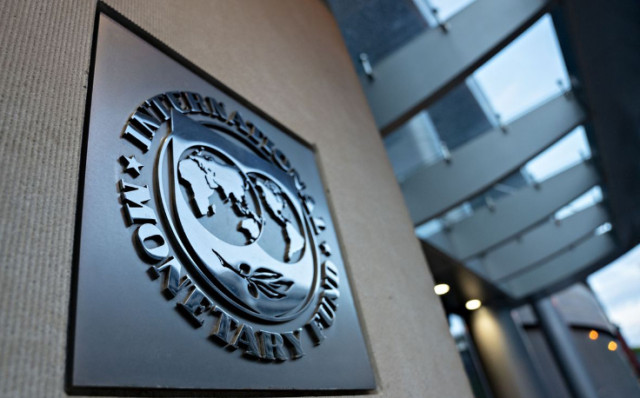Latest data from the International Monetary Fund (IMF) has predicted Nigeria’s inflation rate to stabilize at 14 per cent in 2029, indicating a potential end to the current upward trend.
This projection, however, served as a relief, following National Bureau of Statistic variation which stands at 33.69 per cent as of April 2024.
The IMF data suggests that the inflation rate will gradually decline from 23 per cent in 2025 to 16 per cent in 2026, 15.4 per cent in 2027, and 14 per cent in both 2028 and 2029.
This predicted stabilisation is believed to be a welcome development for the Nigerian economy, which has been grappling with rising inflation and interest rates.
Nigeria’s economy has been facing challenges in recent times, with rising inflation and interest rates posing significant threats to economic growth and stability.
The Central Bank of Nigeria has implemented various measures to address these challenges, including the increase in interest rates at the 295th MPC meeting in May 2024.
However, there have been series of concerns over the continued increase in inflation and interest rates.
The Chief Economist, SPM Professionals, Paul Alaje, has recently lamented the increase in Monetary Policy Rate.
He said, “I do not encourage any increase in MPR because the increase would have implications. Already within 4 weeks, we have seen the Monetary Policy Committee increase on 600 basis points, the MPR.
“Our solution would go beyond forcing and using monetary tools when we know that it is not just money supply influencing what we have,” he said.
Addressing the key drivers of inflation, Nigeria could promote sustainable economic growth and development and possibly meet up with the IMF’s prediction.




















